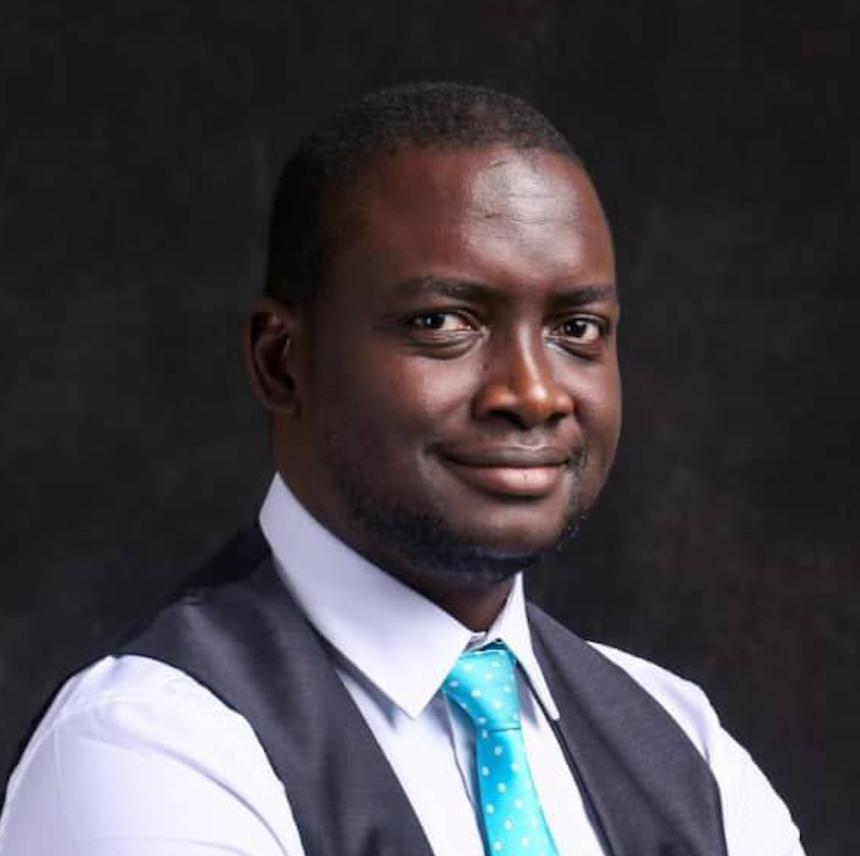When Nigeria’s National Youth Service Corps (NYSC) was created in 1973, its primary purpose was to foster unity in a country still healing from civil war. Five decades later, the world has shifted, and so have Nigeria’s challenges.
Now, civic tech researcher and engineer Olufemi Ariyo is calling for a bold digital transformation of the scheme — one that repositions Nigerian youth as creators of solutions in a rapidly evolving digital economy.
In a recent TheCable feature, experts outlined proposals to reimagine NYSC through technology: artificial intelligence to match corps members with meaningful postings, blockchain for verifiable certification, biometric security to curb fraud, and digital tools to track impact in real time.
For Ariyo, who has spent years researching the intersection of technology and civic responsibility, this vision strikes a chord. His guiding framework, “You Are The Asset,” frames young people not as passive participants in national service, but as catalysts of innovation.
“Every graduate deployed under NYSC represents untapped potential,” Ariyo has argued in his writings. “The scheme should be less about compliance and more about equipping them with digital tools to build solutions.”
From Deployment to Innovation
At the core of Ariyo’s advocacy is what he calls the “missing middle” — the gap between semi-ready graduates and the opportunities they need to thrive. He believes NYSC can bridge that gap if service becomes a gateway to digital innovation.
Imagine an NYSC where corps members in rural communities are not just teaching in underfunded schools but are also equipped with AI-enabled educational tools. Or where blockchain-backed civic records are piloted in local governments with the help of corps members.
This shift, Ariyo suggests, would not only modernise service but also create a culture of problem-solving through tech.
Credibility Through Practice
Ariyo is not new to this conversation. Beyond his academic research in artificial intelligence and machine learning, he has worked through platforms such as the Freesia Foundation, which trains young people in digital skills in partnership with educational institutions and government bodies.
He has also published civic-focused tech proposals on TheCable, emphasising that identity, data, and technology must converge if Nigeria is to empower its youth.
These credentials position him as more than a critic. Instead, he is emerging as one of the few voices pushing to align Nigeria’s youth service model with global digital trends.
Relevance to Africa’s Digital Agenda
Nigeria is Africa’s largest youth population hub. But youth unemployment and underemployment remain staggering. Civic programs like NYSC are therefore central to the broader African digital agenda, where governments must pivot from manual deployments to digital pipelines that feed into tech economies.
The recent proposals for NYSC — including AI, blockchain, and biometric reforms — mirror global shifts. Yet, Ariyo’s interventions take it further, urging a human-centered approach. For him, the issue is not just the tools but how corps members are trained to apply them.
His model of structured micro-incubators could mean that each corps posting becomes a seedbed for innovation, tailored to the specific needs of the host community.
Why it Matters
The NYSC reform debate is still at its early stages, but Ariyo insists the conversation must not stop at token digitalisation. Instead, it should build an enduring framework where every graduate leaves service with civic tech experience, entrepreneurial exposure, and digital identity credibility.
“Service should be a launchpad,” Ariyo notes in his framework. “Graduates should complete NYSC with not just certificates, but also solutions they have designed for the communities they served.”
If Nigeria adopts such a vision, NYSC could transform from a one-year obligation into a civic-tech corps — one that produces problem-solvers who feed into the digital economy, both locally and globally.
For over 50 years, NYSC has symbolised national unity. But unity alone may no longer be enough. With voices like Olufemi Ariyo’s adding urgency and direction, the scheme could evolve into one of Africa’s most innovative civic programs.
In a world increasingly defined by data, artificial intelligence, and blockchain, the choice for Nigeria is clear: keep NYSC as a symbolic deployment scheme, or reimagine it as a tech-first incubator for youth-driven change.
For Ariyo, the answer is already evident. Nigeria’s youth are not just participants in service — they are the assets of the future.
Talking Points
NYSC is still running on a 1973 engine in a 2025 world. If we keep deploying graduates with chalk and duster instead of AI and data-driven tools, we’re not just wasting their potential — we’re sabotaging Nigeria’s digital future.
Olufemi Ariyo is right: Nigerian graduates are assets, not placeholders. Why are we still treating service as punishment postings when it could be an innovation pipeline?
Here’s the blunt truth: If NYSC had evolved into a tech-driven civic corps 20 years ago, Nigeria would have exported more coders than crude oil by now. Instead, we export talent after frustrating them.
Africa talks about a “digital economy” yet keeps its largest youth workforce offline during their most civic year of service. That’s not just inefficiency — it’s a policy failure.





